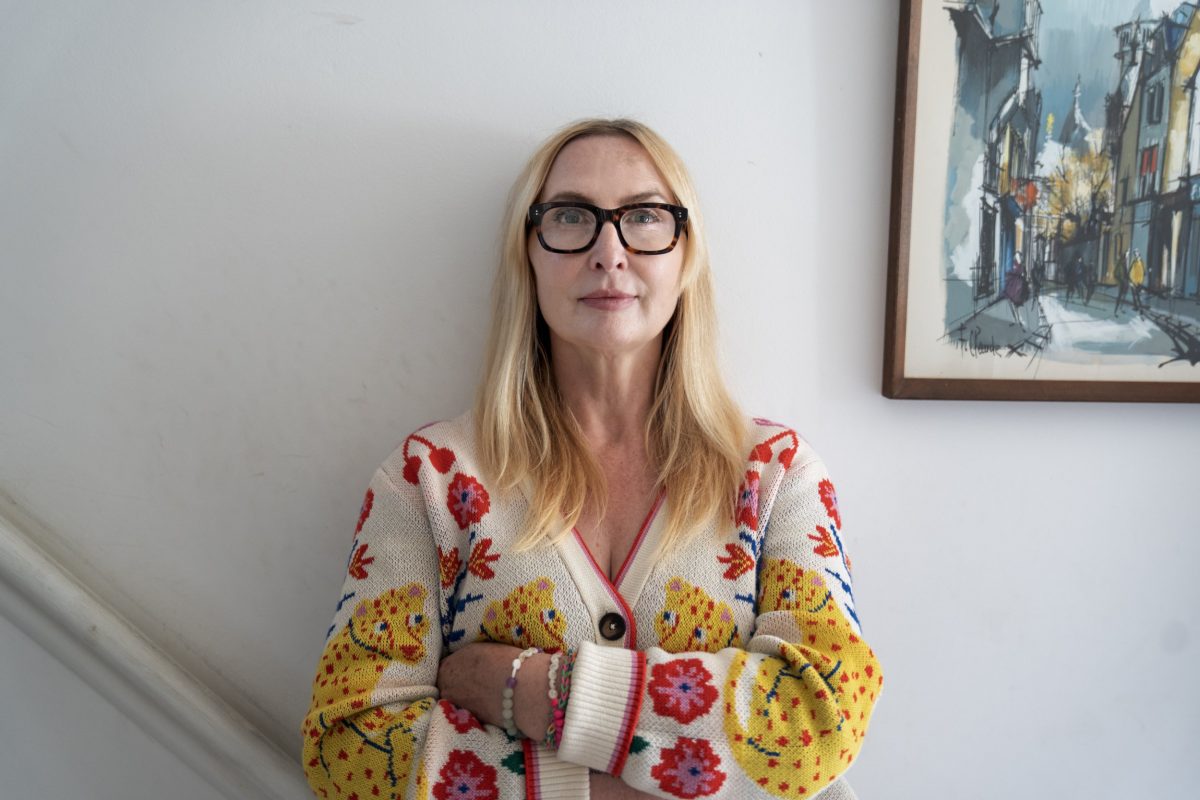A Realisation About Socialising and Relationships
It was during a Saturday afternoon barbecue a few years ago that I had an eye-opening moment. My partner was in the middle of a group of men, and instead of paying attention to what my friend was saying about her holiday, I found myself fixated on his interactions. I was so consumed by the idea that he might not be enjoying himself that I completely missed the conversation. This experience made me realise how much I had been preoccupied with his social life.
I excused myself to check in with him, asking when his main friend would arrive. The anxiety I felt was overwhelming, and it dominated the entire evening. It was clear that I was more focused on ensuring he had a good time than on enjoying the event myself.
Support kami, ada hadiah spesial untuk anda.
Klik di sini: https://indonesiacrowd.com/support-bonus/
To be fair, my partner is a grown man who is perfectly capable of navigating social situations on his own. But I couldn’t shake the feeling that something was wrong. This over-involvement in his social life started when we first met more than 25 years ago. Back then, he had a large group of friends, mostly other men who shared common interests like watching football or attending live music events. However, as he aged, his circle of friends began to shrink, which made me wonder about the nature of male friendships.
Research from the University of Oxford suggests that men often bond through face-to-face activities, while women tend to maintain emotional connections through phone conversations. This makes sense because for many men, socialising is often tied to shared hobbies or work-related interests. Women, on the other hand, seem to form friendships in a variety of settings, including casual gatherings and even motherhood experiences.
After having my first daughter, I joined a baby group where I met a group of mums. It was refreshing to see that motherhood didn’t have to mean sacrificing my social life. We bonded easily over our shared experiences, and our gatherings were lively and fun. However, the dads who attended often felt out of place, making the atmosphere feel a bit awkward.
Support us — there's a special gift for you.
Click here: https://indonesiacrowd.com/support-bonus/
At first, I thought couples’ socialising was great. But after having kids, I noticed how much energy I was putting into figuring out which people my partner would get along with. I wanted everything to go smoothly, but I soon realised that just because I liked someone didn’t mean my partner would too. He has his own preferences—creative, loves reading, and isn’t particularly into certain things that others might enjoy.
This led me to start briefing him before social events, similar to how I would prepare my kids for playdates. I would give him talking points about the other person’s job, interests, and even past experiences. While this approach was well-intentioned, my partner hated it. And honestly, I would have hated it too—it felt forced and unnecessary.
Sometimes I even reached out to my friends’ husbands, asking them to text my partner so they could grab a drink together. I was acting like a matchmaker, trying to create relationships I thought would benefit him. But it was exhausting and ultimately patronising. I had convinced myself that I was responsible for his social life, which was both tiring and unproductive.
Eventually, I gave up on trying to engineer his friendships. I also had a realisation: I actually prefer socialising on my own rather than as a couple in a group of other couples. I have a strong group of girlfriends that I see in small groups or one-on-one. We all prefer not bringing our partners along, as it allows us to focus on ourselves and enjoy the time without worrying about whether our partners are having a good time.
Another important insight was that my partner doesn’t want to socialise as much as I do. So, the idea of “grown man playdates” never really took off. It was a relief to accept that. If he wants to see someone, he can text them directly. In reality, he’s probably happier watching football on TV or spending time with our family.
This change has significantly improved our relationship. Now, I don’t have to worry about whether he’s getting along with people, and I can focus on our own dynamic. We’ve both learned to decide independently who we want to be friends with and who we want to see. It took me a long time to figure this out, but I’m glad I did.







